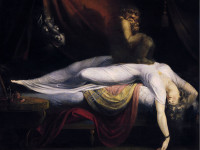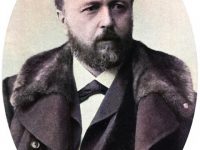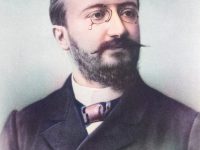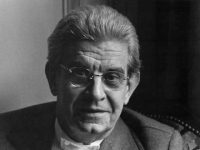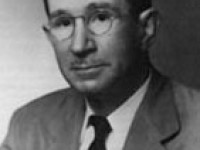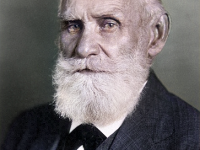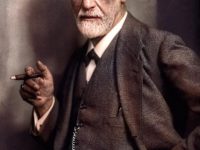The Interpretation of Dreams according to Sigmund Freud
On November 4, 1899, Sigmund Freud’s “Die Traumdeutung” (Interpretation of Dreams) was published. The book introduces Freud’s theory of the unconscious with respect to dream interpretation, and also first discusses what would later become the theory of the Oedipus complex. Freud said of this work, “Insight such as this falls to one’s lot but once in a lifetime.” Besides his later introduced structural model of the human psyche (1923) [1,2], the ‘Interpretation of Dreams’ is…
Read more

